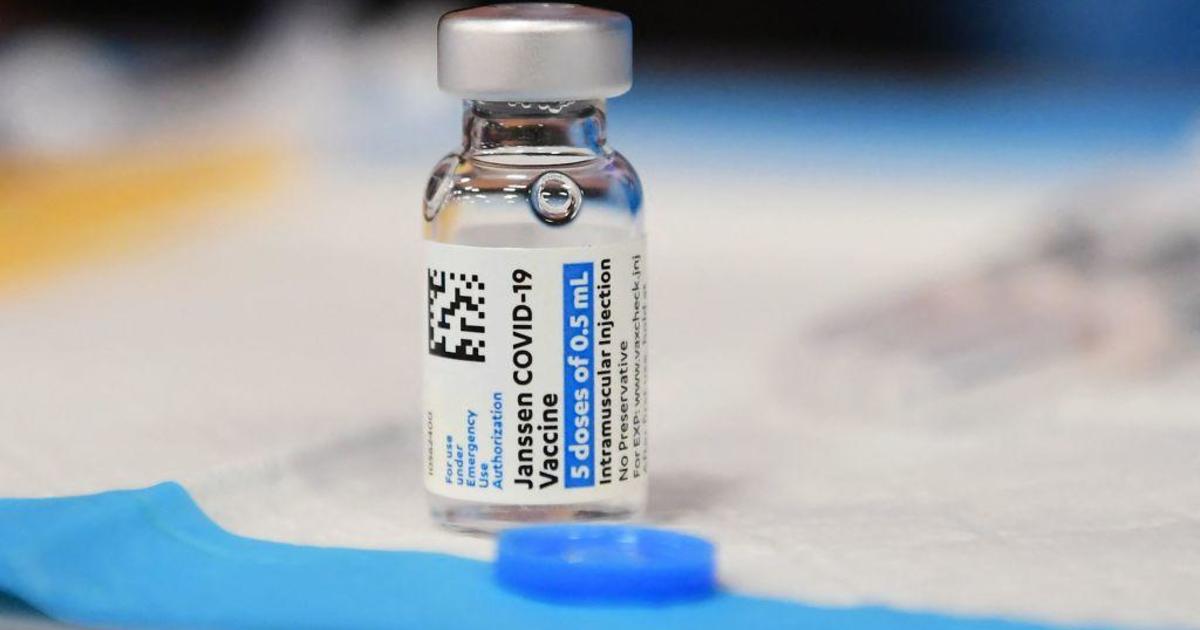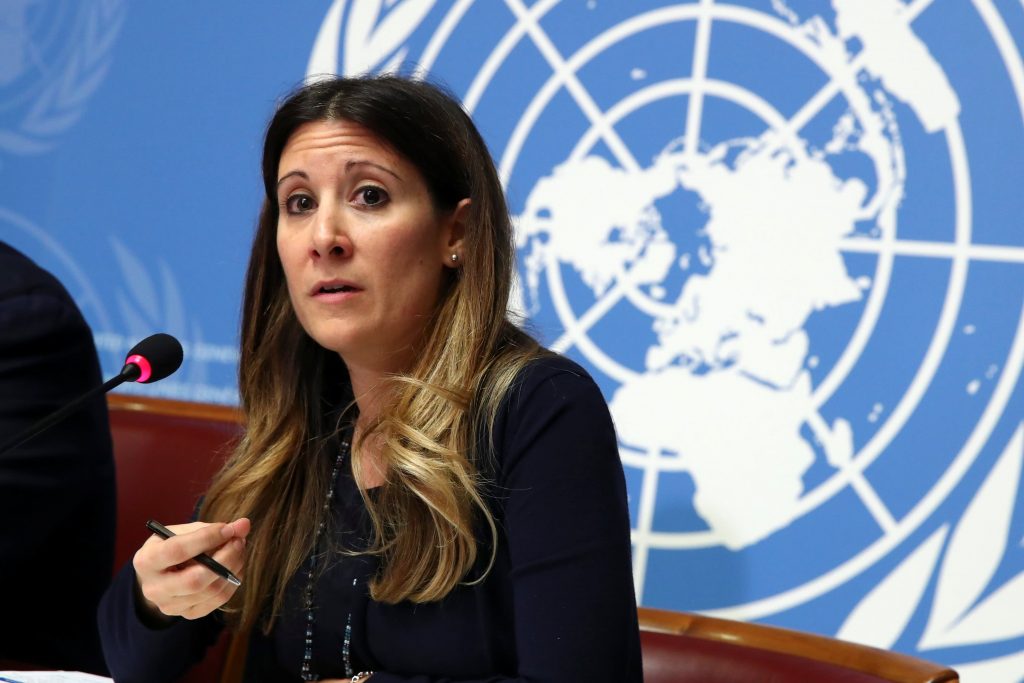
Drugmaker Johnson & Johnson has halted production of its single-dose COVID-19 vaccine, according to a New York Times report.
The pharmaceutical company last year quietly shut down production at a plant in Leiden, Netherlands, which was the only facility where usable doses of the vaccine were manufactured, catching some of its customers off guard, including developing nations that prefer the single-dose J&J drug over two-dose alternatives, the report states.
Johnson & Johnson has instead been using the plant to work on an experimental and potentially more profitable drug that could protect against an unrelated respiratory virus, according to the report.
The plant is expected to resume manufacturing of the COVID-19 vaccine, but it is unclear when.
J&J did not comment on the plant closure reports, but said in a statement to CBS News “we currently have millions of doses of our COVID-19 vaccine in inventory” and “we continue to fulfill our contractual obligations … [to] the African Union.”
Vaccine of choice for poorer countries
The J&J vaccine, called the Janssen COVID-19 vaccine, made by Janssen Biotech, a subsidiary of Johnson & Johnson, is the vaccine of choice for poorer countries that are depending on the drugmaker to help them fight the pandemic.
Wealthier nations like the U.S. have favored shots from Moderna and Pfizer, because the two appear to be more effective against COVID-19 variants like Omicron, and because the Janssen vaccine has, in the past, been linked to rare but potentially life-threatening blood clots.
Given that only one dose of the J&J vaccine is required, though, it’s less expensive than its double-dose counterparts and also easier to deliver, making it popular in lower-income countries.
Download our Free App
For Breaking News & Analysis Download the Free CBS News app

